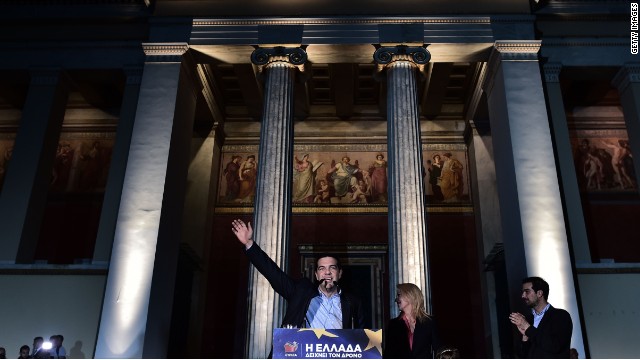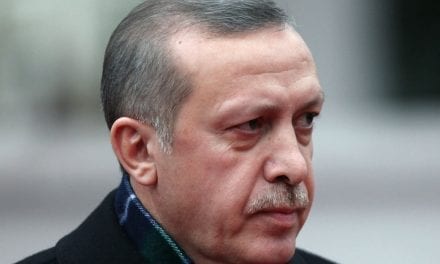The EU Must Be Wary Of Pushing The Country Further Away
By Pythagoras Petratos, economist and lecturer at Saïd Business School at the University of Oxford- Forbes
Greece, the birthplace of democracy, philosophy and ethics, has managed to overcome tremendous difficulties in history by retaining the fundamental ideal of liberty. It was when this principle deteriorated that the country faced hardship and misery—as it is now. Both political and economic freedoms have eroded in Greece, dragging it further from the West and closer to Russia, Venezuela and Cuba.
How communism has influenced Greece’s history
Communism and radical leftism have a long historic narrative in Greece. When the Soviet Union suddenly collapsed after failing to deliver its promised “Communist dreamland,” it surprised almost everyone. But Greece never fully realized this fall’s significance. Nostalgia about a communist utopia persisted in the minds of some citizens, and this underlying narrative has cultivated an attachment with Russia over the years. NATO, the European Union and the United States, on the other hand, were often demonized.
The Greek people are now suffering because the government has continued to implement Communist-like policies. A huge leviathan state with strong trade unions, nationalized industries, barriers to business freedoms and a massive corrupt bureaucracy have all diminished wealth creation in the country.
The referendum and bailout reflect Syriza’s left-wing heritage
Greece’s referendum and the slow-going bailout negotiations astonished many—though they shouldn’t have. Prime Minister Alexis Tsipras is an admirer of Cuba and Venezuela. There are claims his younger son’s middle name, Ernesto, is homage to Che Guevara. Tspiras has also called Hugo Chavez a “great leader” and said people all over the world would follow in his path soon enough. Greece is just doing so earlier than anticipated.
Many voters, include those in Tsipras’ own Syriza party, may not share in this vision but Syriza is a mosaic of political fractions. Some may be small, but they are no doubt radical: The vociferous Marxist, Trotskyists and Maoists communist convictions all influence the prime minister.
The country’s political climate is to blame
But to be clear, Tsipras is not the only one responsible for Greece’s financial mess. The country’s sizable debt is a cause of many years and many governments. No wonder Greek citizens have lost faith in those who got them into this chaos and still aren’t sure how to get them out of it: politicians.
It has created a vacuum that is only growing thanks to the country’s continued economic demise. Signing the recent bailout deal was a step in the right direction, but the question remains whether the coalition government will be able to effectively implement the terms—even if Tsipras would like to.
Greece’s travails may force it to shift to the East
All this doubt makes it easier for Greece to distance itself from the West. If the EU isn’t willing to try anything other than austerity measures, why not search for new allies, like Russia, who appeal to the public?
Its old communist ties not only create a sense of familiarity for the Greeks, but they also see a country that faces the same struggles. Russia’s historic confrontation with the West and NATO can be paralleled with Greece’s fight against the troika.
Closer cooperation between the two countries has already begun: Vladimir Putin and Tsipras met recently to discuss energy support and building a pipeline comparable to Nabucco (natural gas reserves around Greece’s seabed are estimated to be worth billions). Russia can take it one step further by providing Greece with security and resources, thus extending its reach into the Mediterranean. Watch for escalating events in Ukraine to make this a more likely scenario.
The EU must truly reflect on the current crisis. Its inability to strategically contain Russia has exposed a clear and present danger. Further negligence to do so would result in Greece becoming a failed state, leading to unpredictable economic and geopolitical consequences. The EU should guarantee security from coercion to individual citizens and states. But most importantly it should offer hope to every Greek and EU citizens for a bright future.
And the greatest hope it can offer is a revolution for liberty.



















